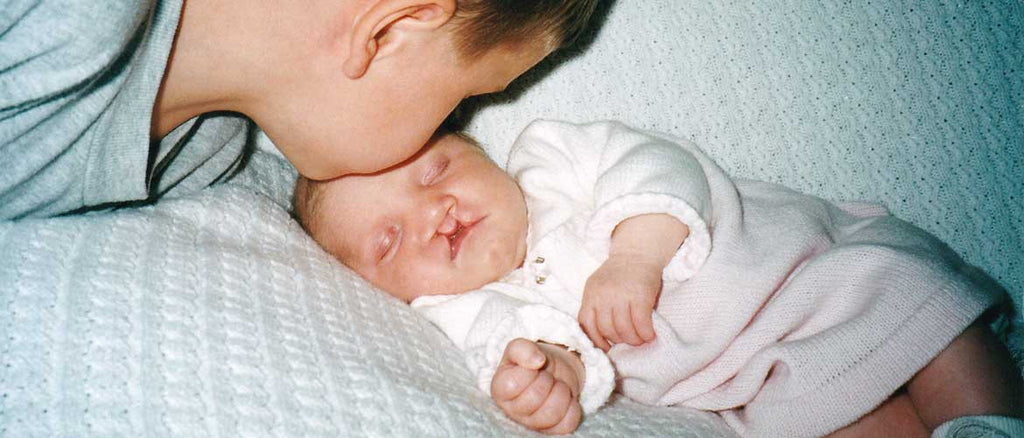Impact of Cleft Lip / Palate
Personal Trials
Everyone has personal trials that they must overcome. It’s easy to remember some of the problems we each faced growing up. For some children, school presents challenges that push us to perform well academically and try to fit in and make friends. At home, family stresses can put a strain on a child’s psychological well being as they try to please their parents and siblings. Children, especially small children, often feel helpless when faced with these challenges. While everyone has different circumstances, it is easy to see the challenges that take place in the life of a child with cleft lip.
Cleft lip & cleft palate is impossible to hide. Clefts are easy to spot visually, potentially resulting in the inability of a person to form words that come naturally to others. In most situations, adults understand the condition and hide their feelings. Kids, however innocent they are, can be blunt in expressing their observations and thoughts about cleft lips and palates. Even the slightest mention of it, whether it was innocent or not, can lead those with cleft lips to feel self-conscious, different, or unwanted. These feelings of self-consciousness can often lead to a sense of isolation. A child’s sense of isolation could also be brought on by their own observations, telling themselves that they do not look or sound like everyone else, and therefore do not belong.
The Effects of Cleft Lip/Palate
A large amount of research has been done on the psychological effects of a child having a cleft condition. Various studies cite parents reporting that their children are suffering from increased shyness. Studies observe that these children also struggle to play with other children. Families, especially parents, are unaware of where to find help and support in these types of situations, leading them, too, to live their lives in an isolation of sorts.
These studies also show that children who have cleft lip are more likely to suffer from emotional, nervous, depressed and withdrawn behavior in school. This impacts the children’s education and again leads to feelings of insecurity. The inability for a child with a cleft to effectively communicate is thought to be the driving factor behind such behavior at school.
The Steps to Take
While children with cleft lips and palates do seem to have the cards stacked against them, research says there are steps parents and healthcare professionals can take to help a child become well adjusted emotionally and socially. According to some findings, clinical interventions are useful in helping a child to better communicate, thus increasing the ability of the child to verbally handle his or her own problems at school or home. Starting school for the first time is stressful for most young children, especially for children with cleft. It has been recommended that special attention should be given in helping such a child through the transition from home to school.
Help Make a Change
The impacts of a cleft lip / palate can be seen both large and small. These impacts will affect both the child and the families, and we are here to assure that they have access to constant support. Those with a cleft often have to work harder to live their lives the way they want to, but this does not need to be a bad thing. Overcoming trials is what shapes our identities and makes us stronger. Helping to solve the physical problems of cleft can also help to heal the social and emotional issues it brings about. Donate today and spread the word about the Mia Moo Fund.

